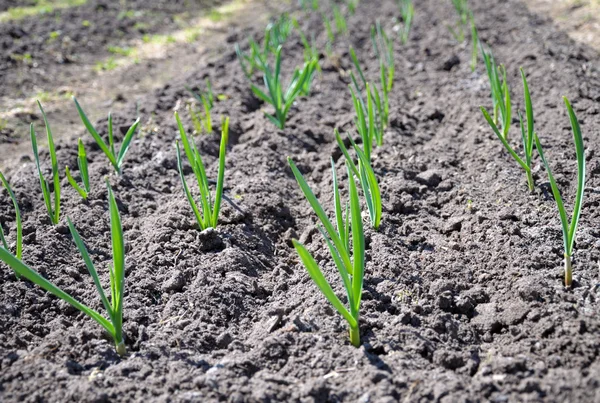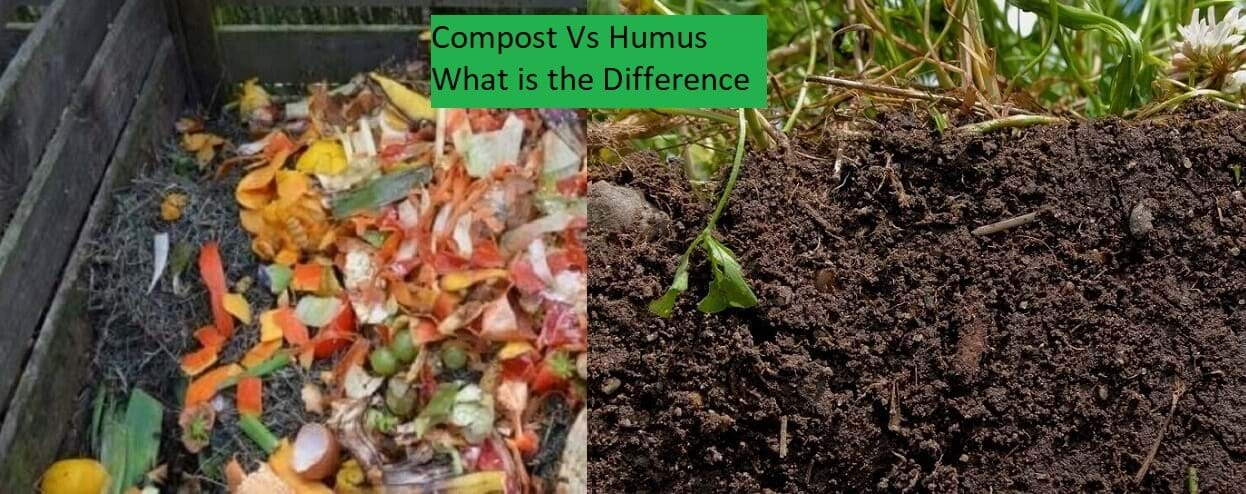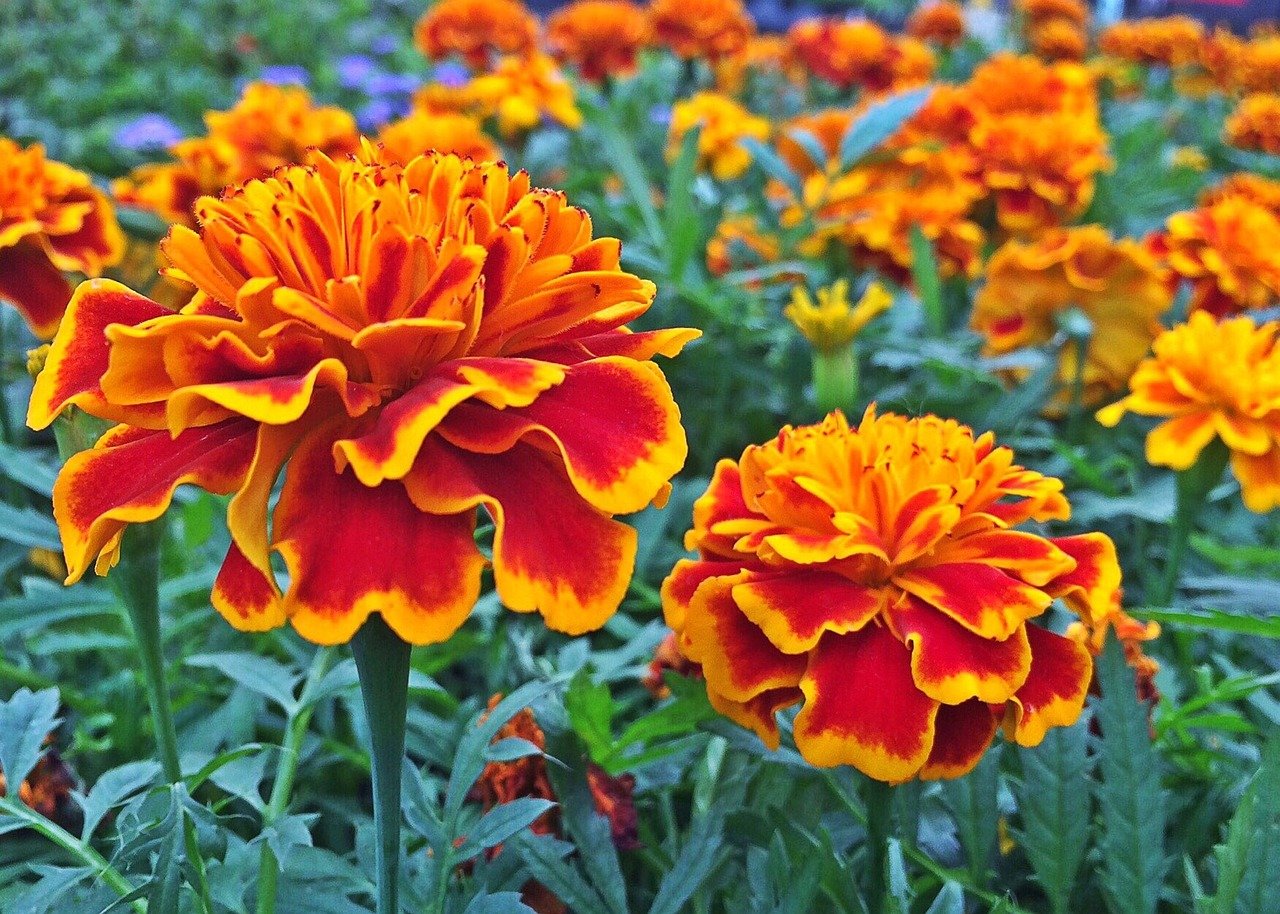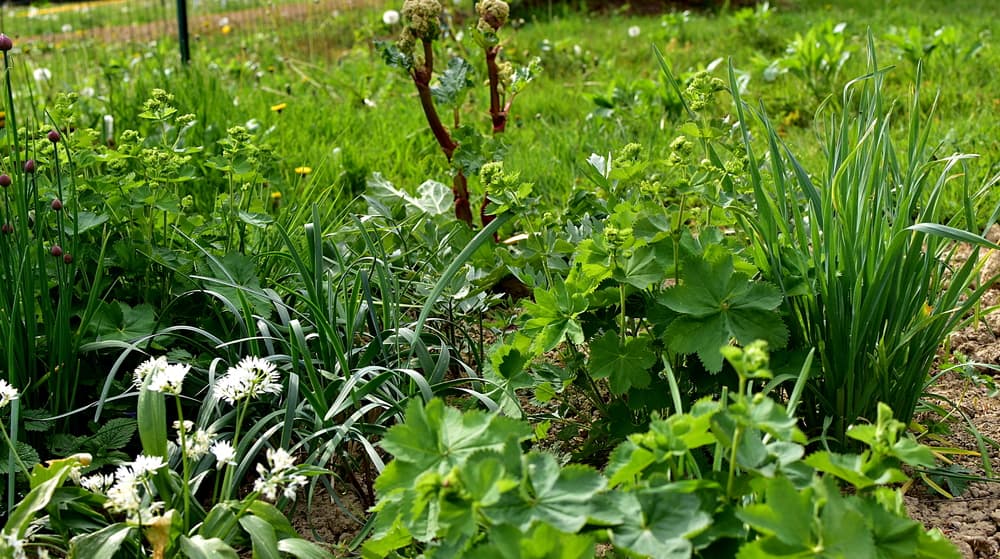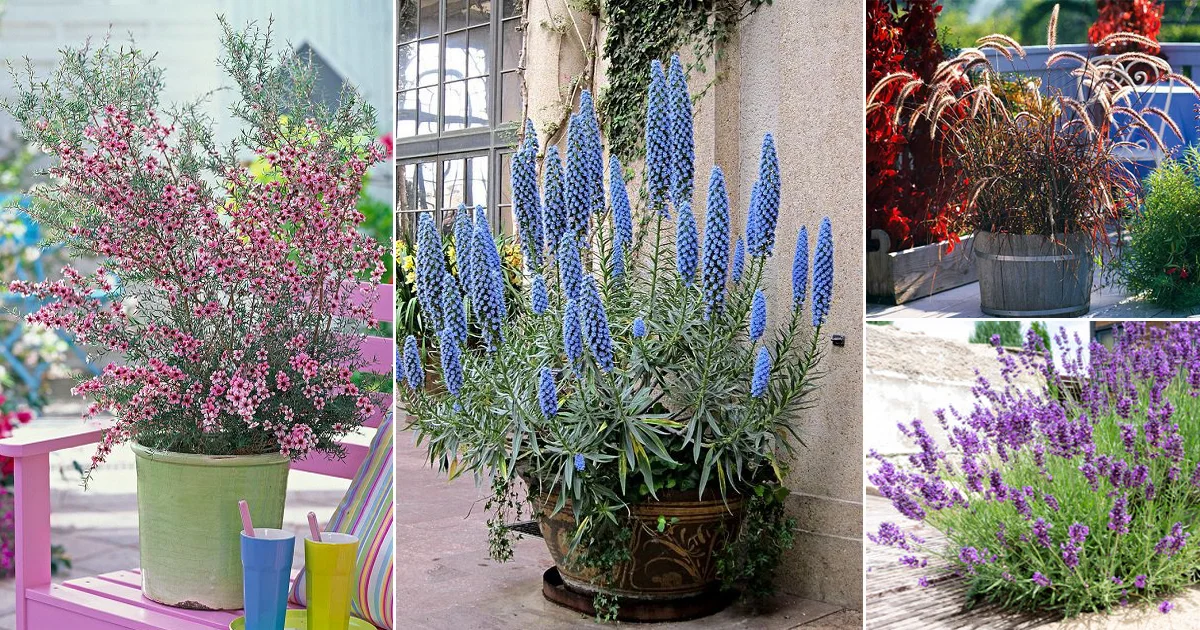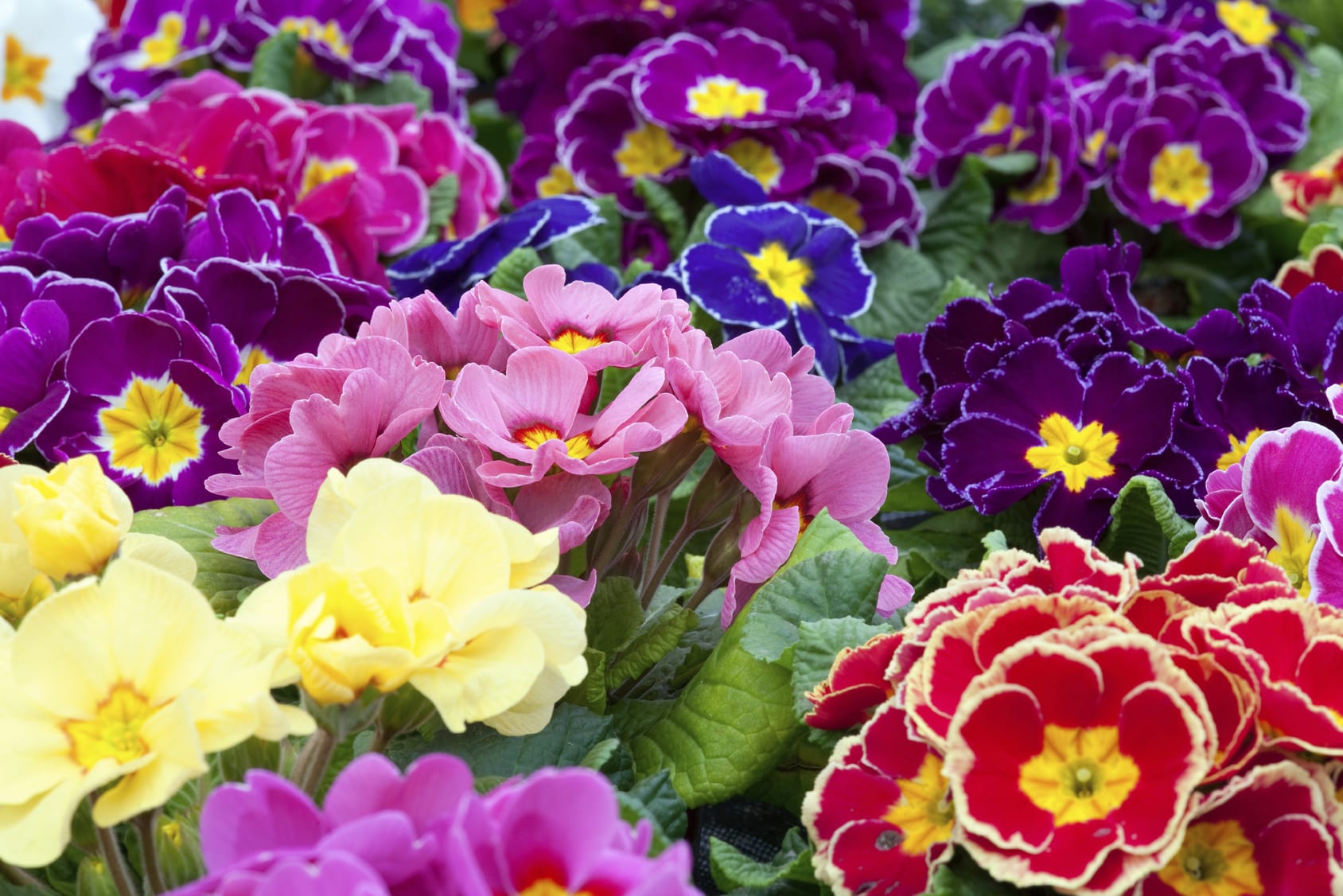7 Reasons Why Marigolds Are The Perfect Companion Plants
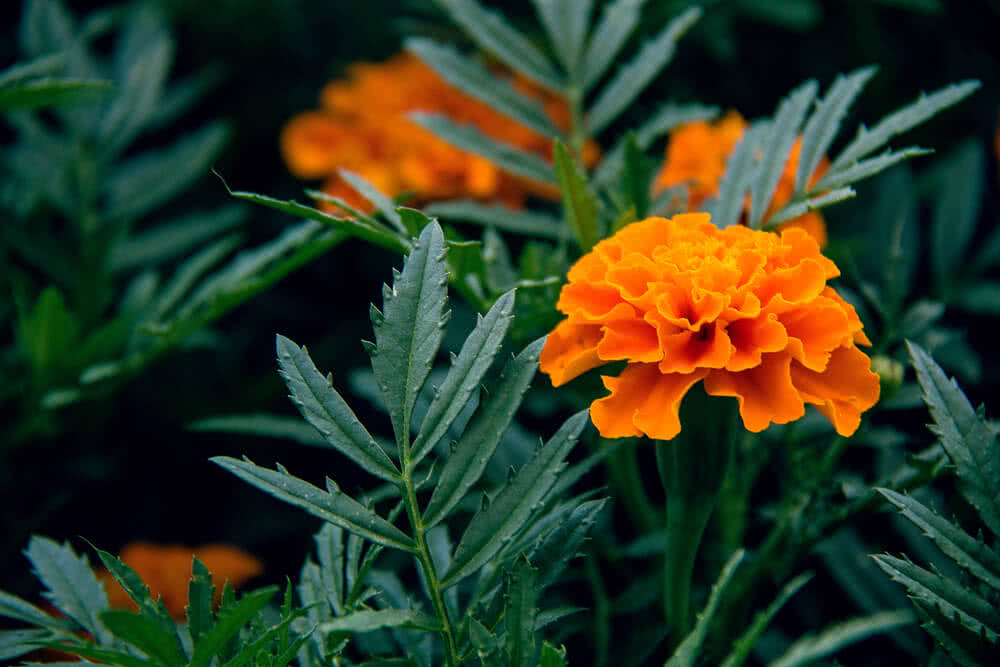
Table of Contents
Marigolds are exotic flowers that can grow over a longer period of time inside your summer gardens. These are flowering perennials that are typically easy to grow and maintain. These versatile planting beds can bloom different hues of bright and colourful marigolds. All you have to do is get the planting beds positioned at the right spot so that they receive an adequate amount of sunlight to grow in.
Once that is done right, you have nothing to worry about at all. In other words, you need not plant them or seed them afresh year after year. These flowers can attract butterflies, bees, and other pollinators into your garden spaces. You can grow marigolds along with your fruit or vegetable gardens in your kitchen spaces or in the backyard areas of your homes. This is why they make an ideal choice for companion planting.
Let us discover reasons why marigold companion planting is a great choice for your organic spaces.
Exploring Wonderful Reasons for Growing Marigolds as Companion Plants
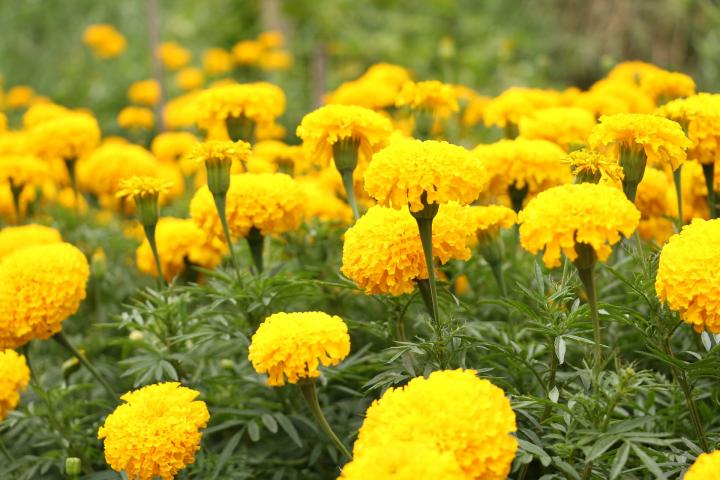
You have numerous reasons why you can plant marigolds as companion plants for your kitchen or organic gardens. While you have marigolds planted in border areas or as plant beds in outdoor areas, you can lend happy vibes to your spaces.
Exploring interesting reasons as to how these flowering beds can serve you as companion plants. Helping you get started with respect to the same.
1. Attracting a Variety of Pollinators Into Your Garden Spaces

Marigolds can attract a lot of wildlife into your gardens. These are flowering beds that bloom over a relatively long period of time. Hence, the flowers provide nectar to a number of wildlife species, like butterflies, bees, and other types of pollinators. Again, these are flowering beds that can attract a range of pollinators into your vegetable gardens too. Insect-pollinated crops can be beneficial for your food crops as well. When you allow marigolds to grow near your vegetable gardens, veggies like tomatoes, squashes, courgettes, peppers, and cucumbers get cross-pollinated. Marigolds can also cross-pollinate a variety of fruit trees, berry bushes, and cane fruits on the whole.
2. As a Trap Crop

Marigolds can also attract natural predators like ladybirds, parasitic wasps, hoverflies, and lacewings into your gardens. These insects prey on pests that can damage the growing crops of your gardens, like aphids, leaf beetles, and other insects. By introducing natural predators into your gardens, you can maintain the natural ecosystems of crops you continue growing in your gardens. This way, you need not spray insecticides or pesticides that deteriorate the quality of food crops you grow at your vegetable or fruit gardens. The predatory insects eat away aphids or plant-disease-forming insects. Similarly, the marigold plants can also keep slugs at bay. When you place marigolds at the edge of your kitchen, they attract slugs to them. This way, you can collect the slugs and leave them elsewhere before they threaten the survival of your other favourite plants.
3. Using the Marigold Plant as a Pest Repellent
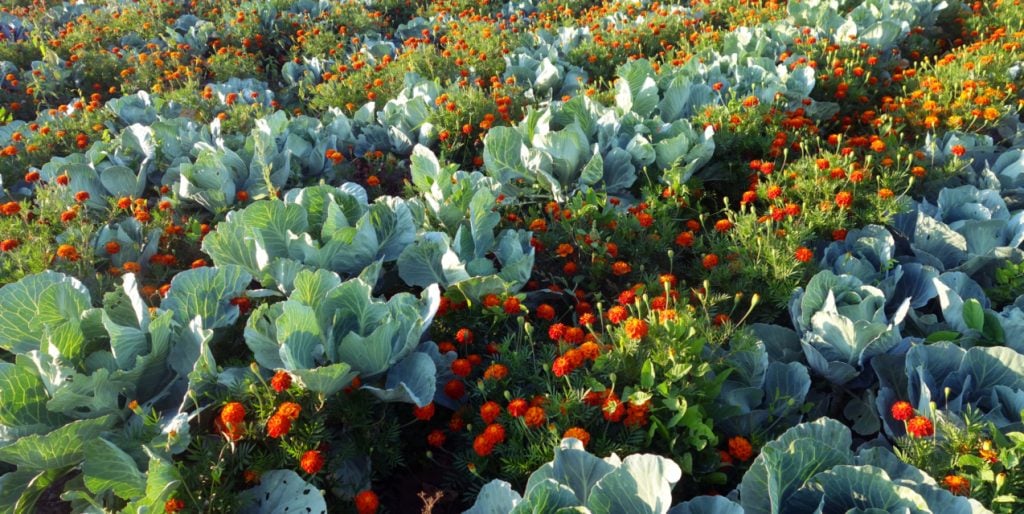
Here comes the third important reason why you would consider growing marigolds as companion plants. You can use this versatile plant bedding as a pest repellent. French Marigolds have the ability to keep certain species of pests away from growing fruits or vegetables. There is enough scientific evidence to prove that these flower beds can attract pests to keep cabbage moths away. The marigold flower has a chemical component called limonene. When it detects pests or unwanted insects around, this particular repellent gets emitted by the plant. This repellent can even keep white flies at bay. Hence, marigold companion planting keeps moths and flies away.
4. Reduces the Amount of Nematodes in The Soil
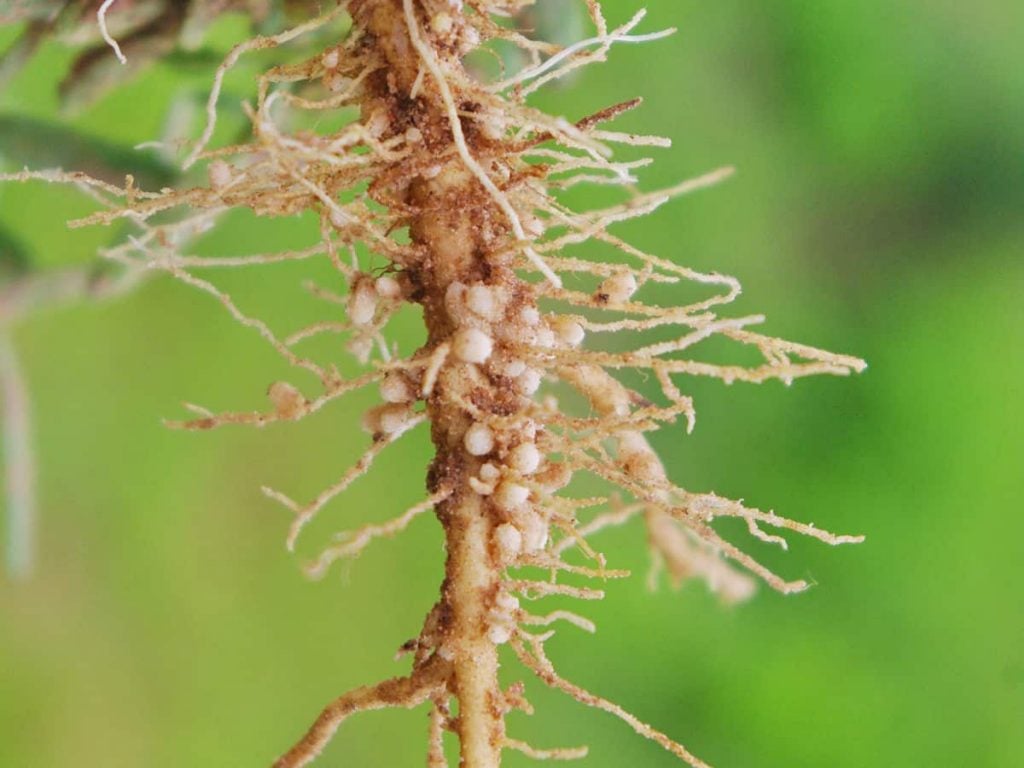
Marigolds, as companion plants, can also protect crops from harmful soil-based nematodes. When looked into, you will discover that the soil comprises both good as well as bad nematodes. The nematodes are thin thread-like organisms. The beneficial nematodes in the soil can enrich the nutritive value of the soil, while the harmful ones can affect the quality of the soil. When the soil contains an excessive proportion of nematodes, home growers find it difficult to maintain food or vegetable crops in their gardens. Marigold releases nematicides that can repel the excessive growth of nematodes in specific areas where people grow their potentially vital crops. The crops can benefit from marigolds only when they are planted together in blocks.
5. Improves the Nutritive Value of The Soil
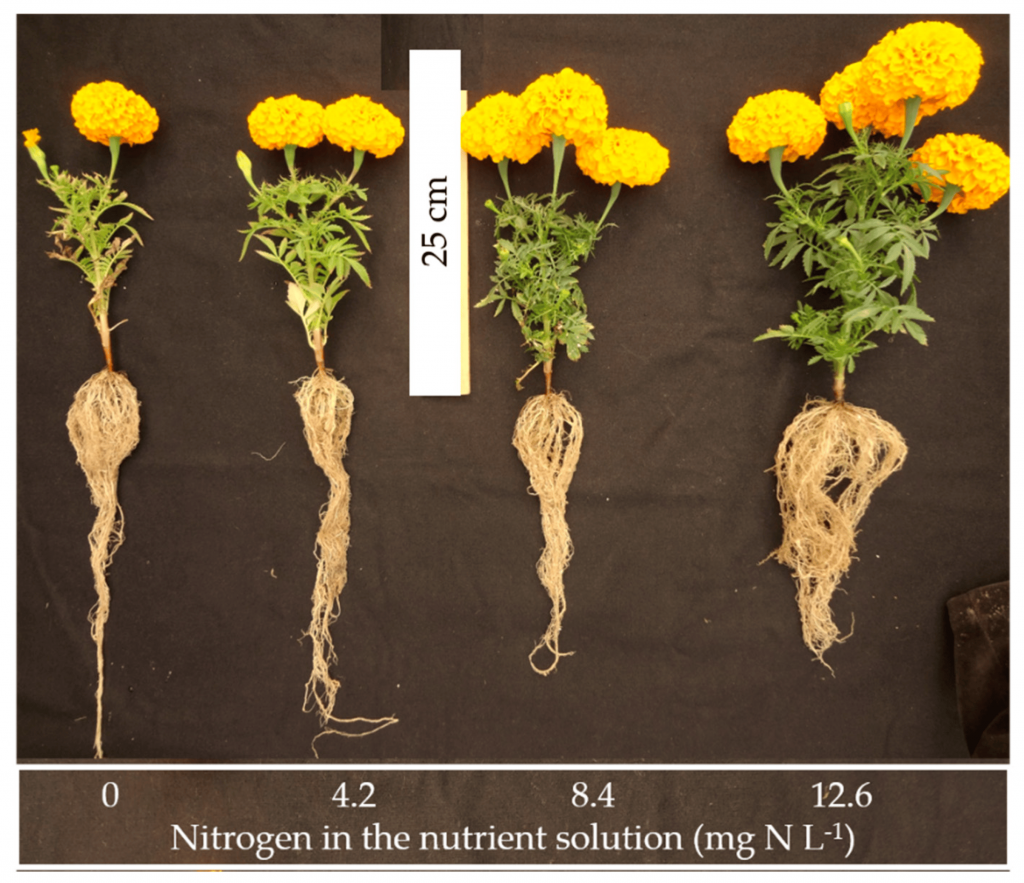
The roots of the marigold plant help replenish the lost nutrients in the soil it has grown in. Therefore many gardeners propagate growing seeds to the soil area and allow the roots of marigolds to develop. When this happens, they can start growing other valuable vegetable or fruit crops. When you chop marigolds and drop them on the soil surface, it has scientifically been proven that the biota or the pH level of the soil area can be enriched to a considerable extent. As was seen in the previous paragraph, the marigolds excrete nematicides to reduce their populations to facilitate the growth of healthier crops on the soil. As these companion plants help keep harmful nematodes at bay, the soil’s fertility can improve. This way, gardeners and horticulturists can grow a wide range of food and commercial crops on the soil.
6. Marigolds Provide Additional Yields
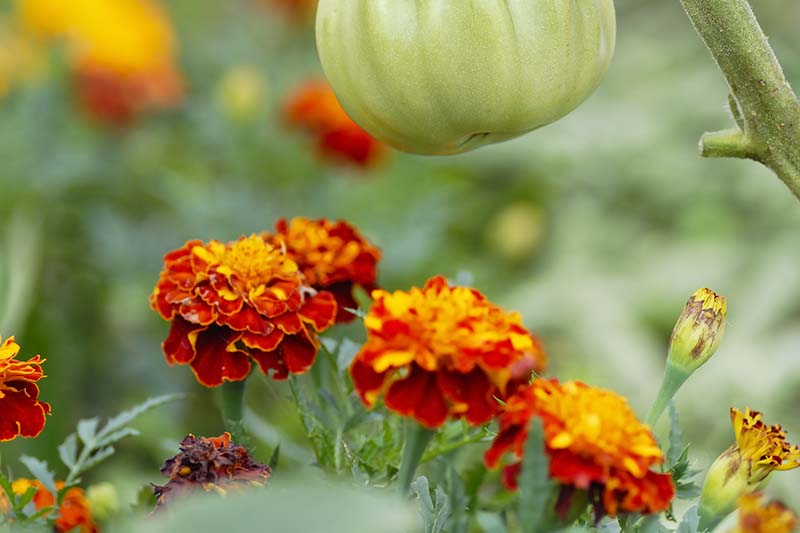
Apart from protecting a number of crops from diseases and pests, these crops enrich the fertility of the soil to a great extent. The marigolds can also provide additional yields apart from helping you produce organic varieties of fruits and veggies in your kitchen gardens. The petals of the marigolds are edible in nature. People use them to garnish delicacy foods indeed. You can also extract a type of oil from marigolds. This oil is scented and is added to a range of perfumes that get introduced in the marketplace. Cut flowers can be decorated in flower vases to be kept up on display at residential and commercial properties. These flowers, therefore, add an ornamental value to your living spaces too. You can place cut flowers in vases at restaurants and offices to lend welcoming vibes to the ambiance.
7. As a Valuable Ground Cover
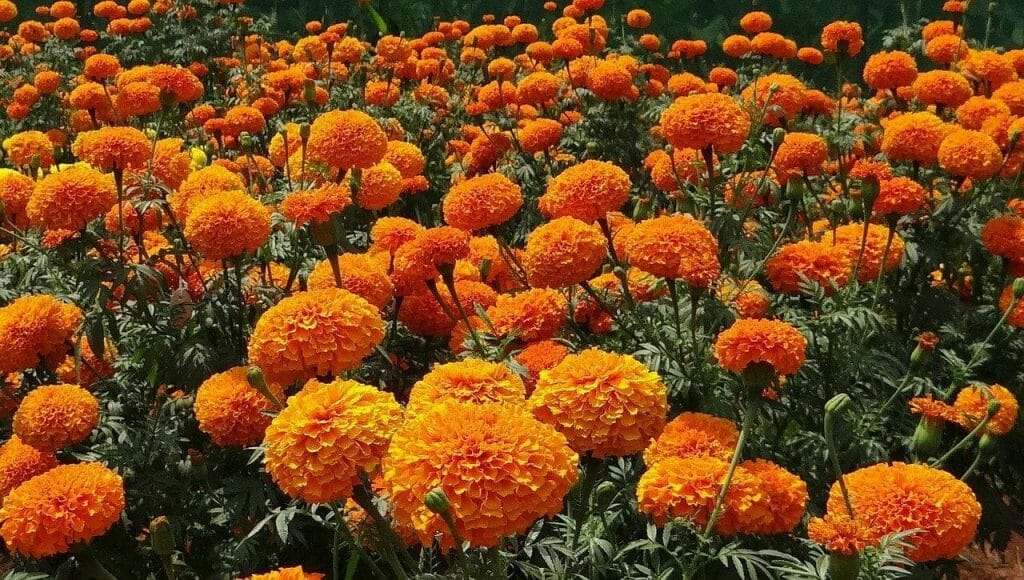
Marigolds provide a valuable ground cover to support the growth and vitality of growing crops on the whole. These flowering beds are universally considered to be friendly plants for your vegetable gardens as they cover the soil while protecting it. They conserve the moisture content of the soil and also aid in suppressing weeds. Henceforth, whether you plant marigolds together with vital food crops or you opt to plant marigolds in between growing crops, these supporting flower beds are going to help other crops thrive in a healthy manner. The marigolds are definitely a valuable ground cover as they need easy-to-go nutrients while they support the growth of neighbouring plants too.
The marigolds do not feed on too much water, fertilizers, and growth soil to sustain. Hence, they do not compete with other crops for nutrients. However, you must make sure that marigolds are planted in areas that have plenty of sunlight. Water these plants regularly during the initial years of their growth, and keep an eye on whether they are fed with nutritious soil to grow in or not. Positioning these plants and giving them spaces also prove beneficial for these versatile companion plants to thrive.
Important Takeaways
All in all, we have seen 7 important reasons why marigold companion planting helps you also grow healthy varieties of vegetables and fruits in your kitchen gardens. These are flowering beds that conserve the nutritive value of the soil and also attract pollinators to cross-pollinate your fruits or vegetables. These marigolds serve as a pest repellent and protect your food and commercial crops from harmful insects. This way, you promote wildlife and maintain the ecosystems of your garden spaces.
Marigold companion planting protects the soil from harmful nematodes. You find that their flowers are edible in nature. Cut flowers placed into hanging baskets or flower bouquets add ornamental value to residential and commercial properties. All you need to do is take for these lovely planting beds by positioning them in areas wherein there is plenty of sunlight. Through the self-seeding options, the wonder plants can survive all by themselves.
Your gardens can be a colourful and vibrant look with marigolds as they come to you in a variety of hues like a yellow, orange, and golden sunset. Their bloom period starts in spring and continues until winter fall. These flower accents can be placed in hanging baskets to provide a pretty-looking appeal to your gardens, walkways, balconies, and patios of your homes. These are plants that you can grow indoors as well as outdoors.

